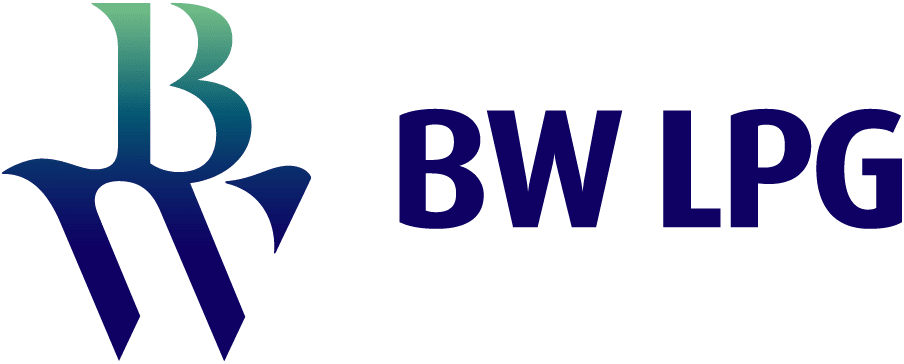BW LPG supports Seven Clean Seas, a social enterprise focused on the removal of plastics pollution from river systems in Asia
From rivers to oceans
Approximately 8-12 million tons of plastics enter the oceans annually, and over 70% of these plastics originate from river systems [1]. While some plastics can degrade over time in river systems, these wastes accumulate and pose harm to the environment, animal and human health [2]. The solution to plastic pollution is multi-faceted, and it must include responsible consumption, proper disposal, and its replacement with more sustainable materials where practical. Plastic pollution is most visible in countries where waste collection and disposal systems are inadequate.
The good and bad of plastics
Plastics can save lives (when they are used to make medical devices such as incubators and personal protective equipment such as helmets); plastics can also reduce fuel consumption and thereby pollution (making vehicles lighter and more efficient) [3]. Plastics reduce food waste and extend the shelf lives of food [4] and facilitate the cheaper and more efficient global transportation of raw materials to produce essential goods [5].
However, waste has grown alongside the increased use of plastics. Indiscriminate disposal of plastics means that plastics enter the river systems which act as conveyor belts to the oceans. Out in the deep blue, plastics entangle and trap wildlife; and they also degrade into microplastics and enter the food chain. Once plastics reach the oceans, the difficulty of removal is compounded.
Cleaning up rivers to protect communities and oceans
One solution to plastic pollution in oceans, is to prevent plastic waste from entering river systems. To this end, BW LPG is pleased to support Seven Clean Seas, a social enterprise focused on the removal of plastics pollution from river systems in Asia, as they organize ocean clean-up operations, install remote island infrastructure, and develop innovative clean-up technology.
One such technology is a high-volume River Plastic Recovery System or RPRS. The RPRS is solar powered and captures river plastic before it reaches the ocean. It adapts to different river topographies and does not interfere with river biodiversity. With a maximum annual capacity of close to 1.5 million kilograms, the RPRS is an example of automated, cost-effective, and high-volume plastics recovery technology. Its modular and minimal design facilities rapid scaling and easy transportation. By building at local shipyards, Seven Clean Seas supports local job creation and by engaging members of the local community, Seven Clean Seas also includes the rivers’ most important stakeholder – people who are dependent on the river for their livelihoods and way of life.
Collaborating for good
Plastic pollution in our oceans is a global problem. One way to tackle a global problem, is to find local solutions. BW LPG’s donation to Seven Clean Seas will help fund the continued development and maintenance of the RPRS, and its installation in a pilot project in Thailand.
BW LPG support Seven Clean Seas as they work on cost-effective, high-volume plastics removal technology; and engage with local communities, schools, and businesses to raise awareness on marine pollution and improve waste collection infrastructure.
Notes:

